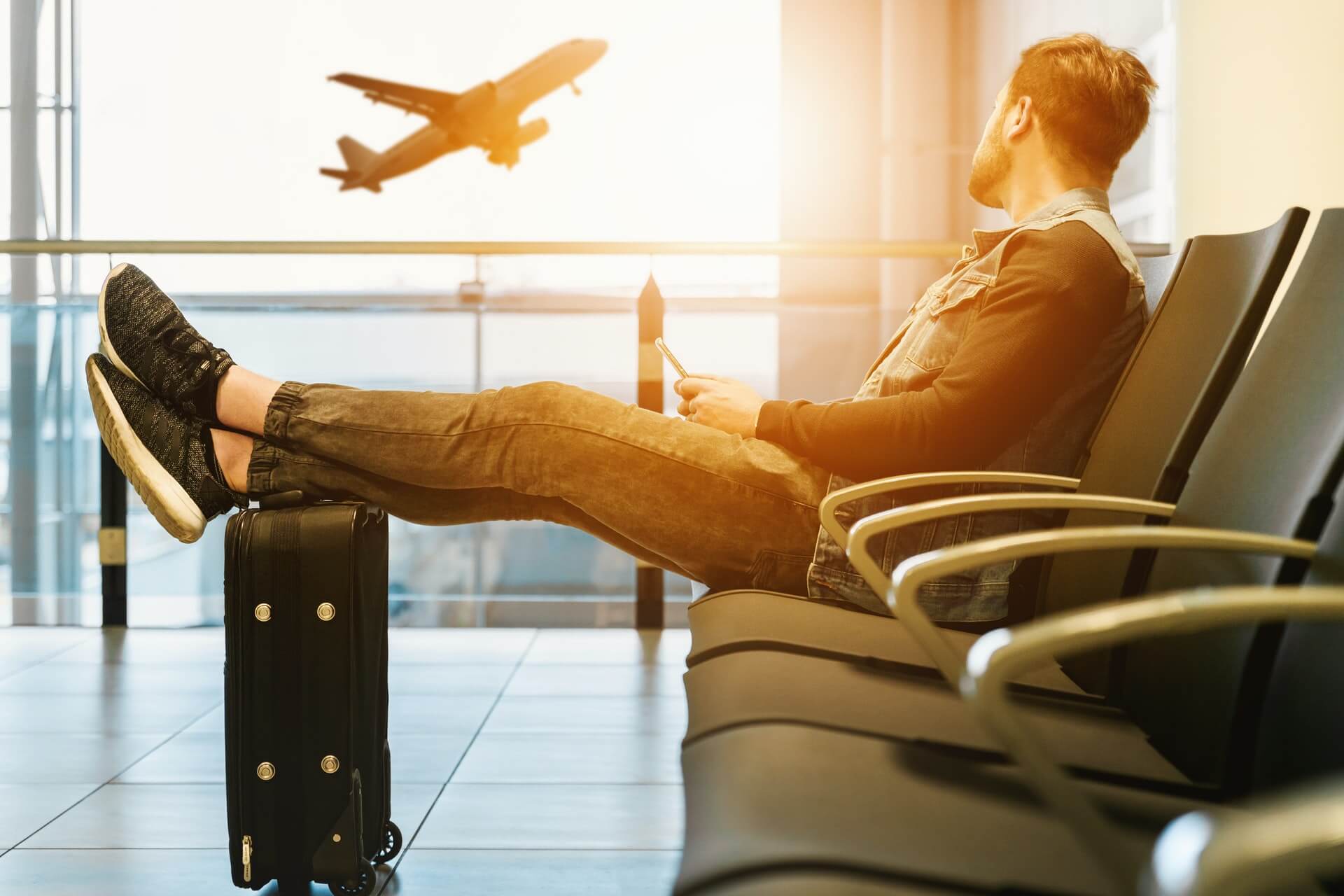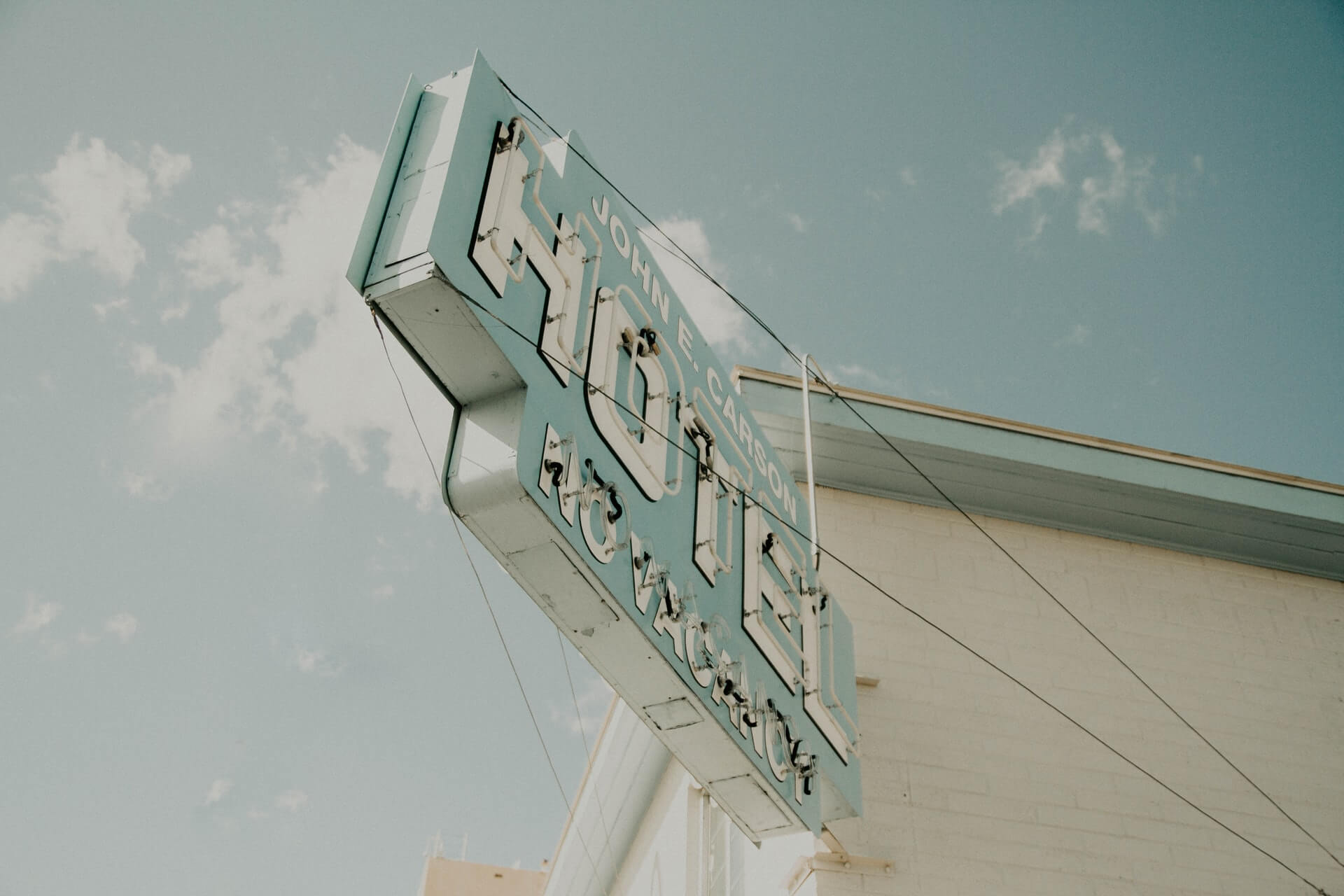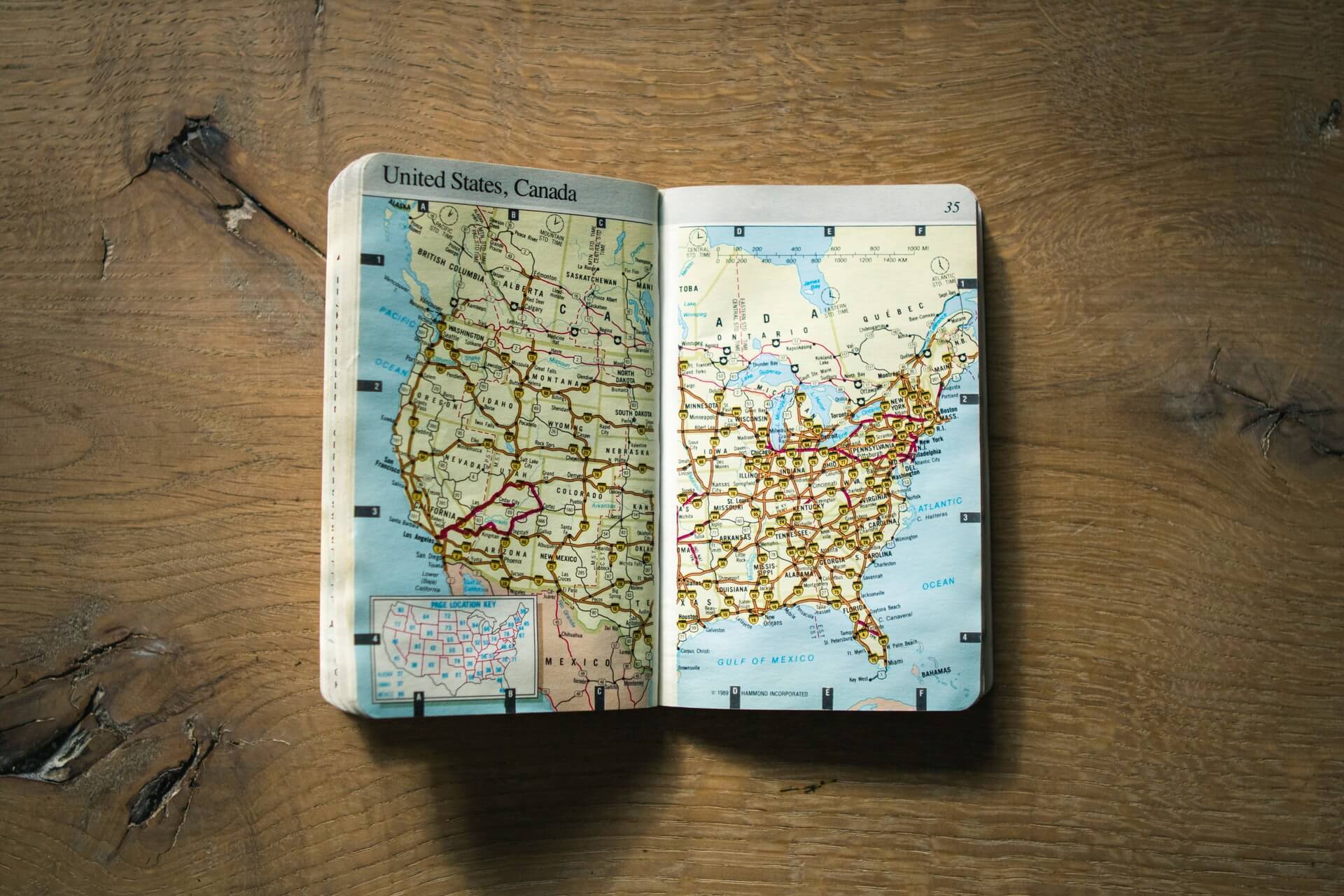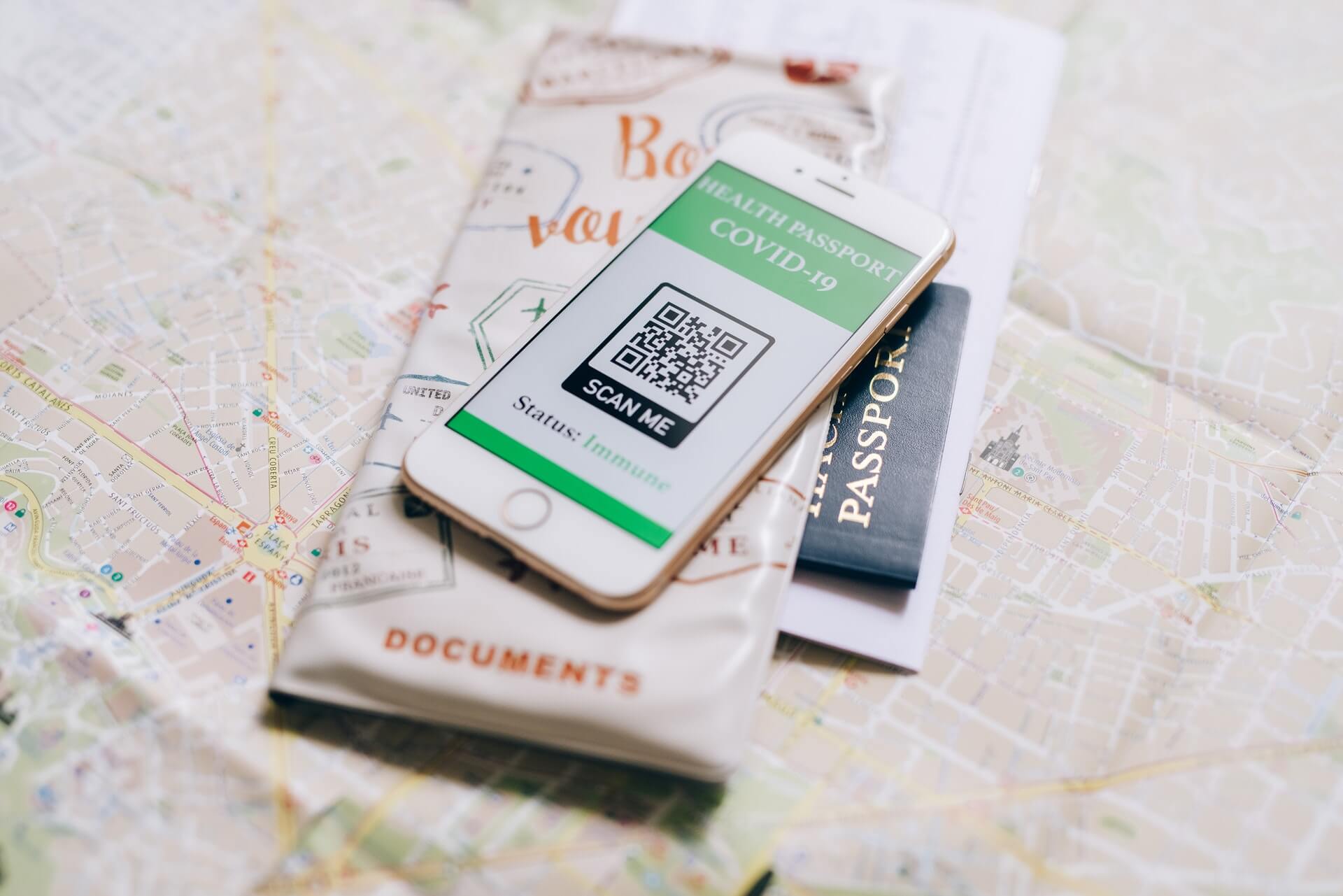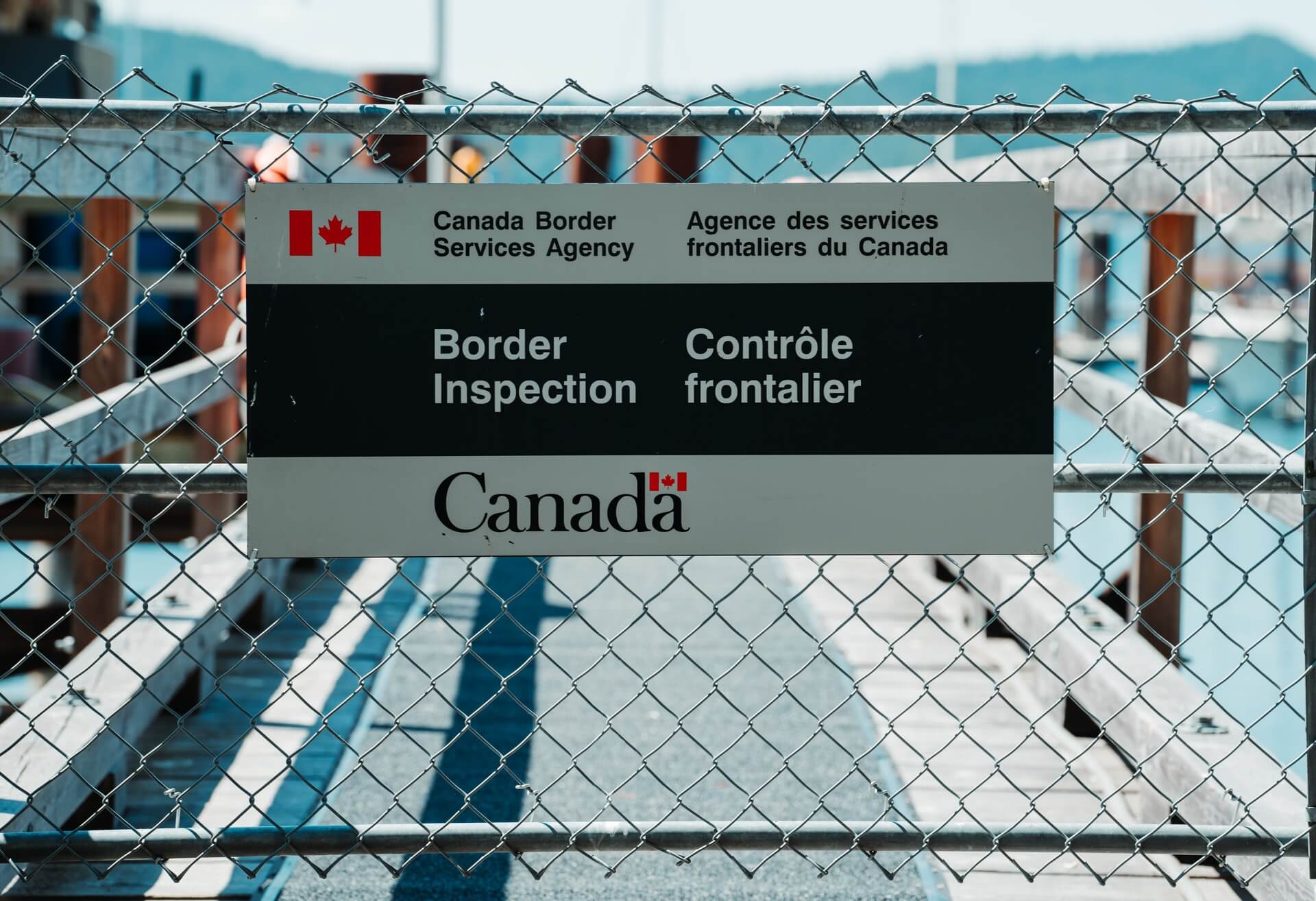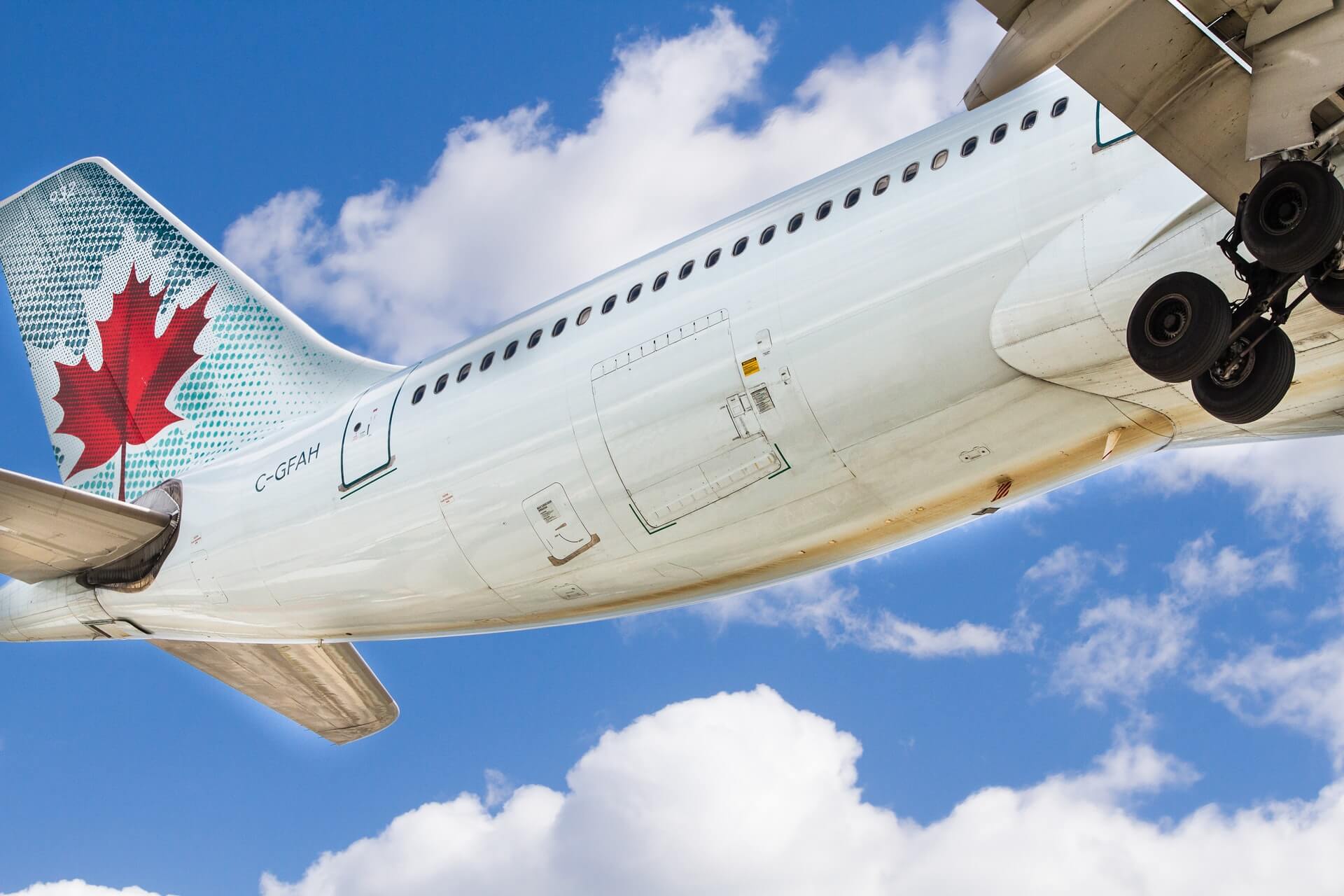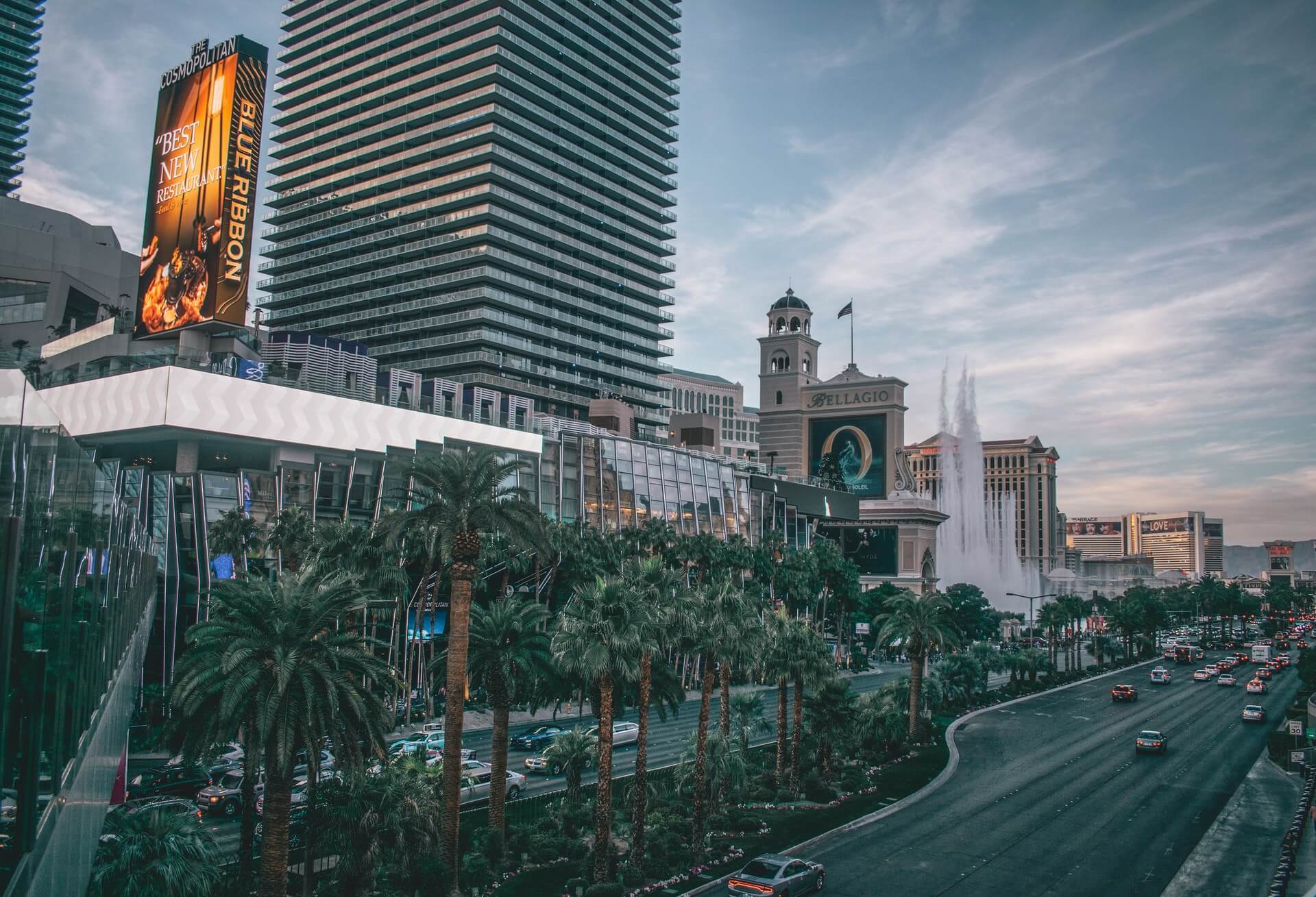2023 Reveal: The World’s 50 Best Hotels
by David Klemt

The World’s 50 Best Hotels launches this year, completing the hospitality puzzle as it joins the World’s 50 Best Bars and the World’s 50 Best Restaurants.
Mark Sansom, content director for the World’s 50 Best Bars, shares details of the new list on episode 90 of the Bar Hacks podcast. To learn more about Mark and the World’s 50 Best Bars, you can also listen to episode 82 of Bar Hacks.
This is huge news for the hospitality, travel, and accommodation sectors. Sansom and the team go to great lengths when it comes to every detail of the World’s 50 Best Bars. Indeed, the awards ceremony is truly the Oscars of the bar world. Just take a look at the video below:
In fact, it’s likely a bit more fun than the Oscars. A room full of the best bar teams and industry professionals? You know it’s a nonstop party.
I say to say this: I expect the Oscars of the hotel world for the inaugural 50 Best Hotels ceremony. And I’m confident the team will deliver on that expectation.
To see the World’s 50 Best Bars for 2022, click here. For the World’s 50 Best Restaurants of 2022, follow this link.
Who Decides?
You’re probably wondering how all of this “works.” Just who decides, among all the hotels throughout the world, which are the 50 best?
As Sansom explains on the Bar Hacks podcast, hundreds of people decide.
For 2023, the World’s 50 Best Hotels is split into nine regions. That’s likely to grow (50 Best Bars and Restaurants each have 28 regions) but for now, that’s the breakdown.
Each of those regions is headed by an Academy Chair. The global Academy Chairs hand select voters. In this case, a mix of 580 travel journalists, educators, hospitality professionals, hoteliers, and luxury travelers. The voters are tasked with highlighting their top seven hotel experiences from the past two years.
A small board of directors isn’t deciding which hotels will make the list. There’s no small group choosing the ranking. Instead, hundreds of industry pros and hotel guests will determine the best of the best.
How do They Decide?
This is one of my favorite details. When it comes to criteria…there isn’t any.
I like this for several reasons, one of which is that nothing arbitrary is limiting these awards. Don’t have a pool? That’s fine. No steam shower in the en suite? Okay.
By eschewing criteria, no concept is left out—no property is excluded. As Sansom says on episode 90 of Bar Hacks, imposing criteria means people could miss out on experiencing stunning twelve-room boutique hotel.
Therefore, this list isn’t the exclusive domain of multi-unit, multi-concept hotel groups. Certainly there will be chain properties up for consideration. However, they’ll be mixing it up with boutique and solo, independent hotels.
Sansom also reveals what’s driving them to launch the World’s 50 Best Hotels. Far from a vanity project, this list is about helping the industry.
Like hospitality, travel and accommodation are recovering from a global pandemic. Highlighting the best hotels in the world should inspire people to get back to leisure travel.
The list will be revealed in September of this year. Make sure to watch this space and connect with the World’s 50 Best Hotels for more details, including the awards ceremony host city.
Follow the 50 Best Hotels on Instagram, Facebook, Twitter, and YouTube. To learn more, visit their website.
Image: Shifaaz shamoon on Unsplash


